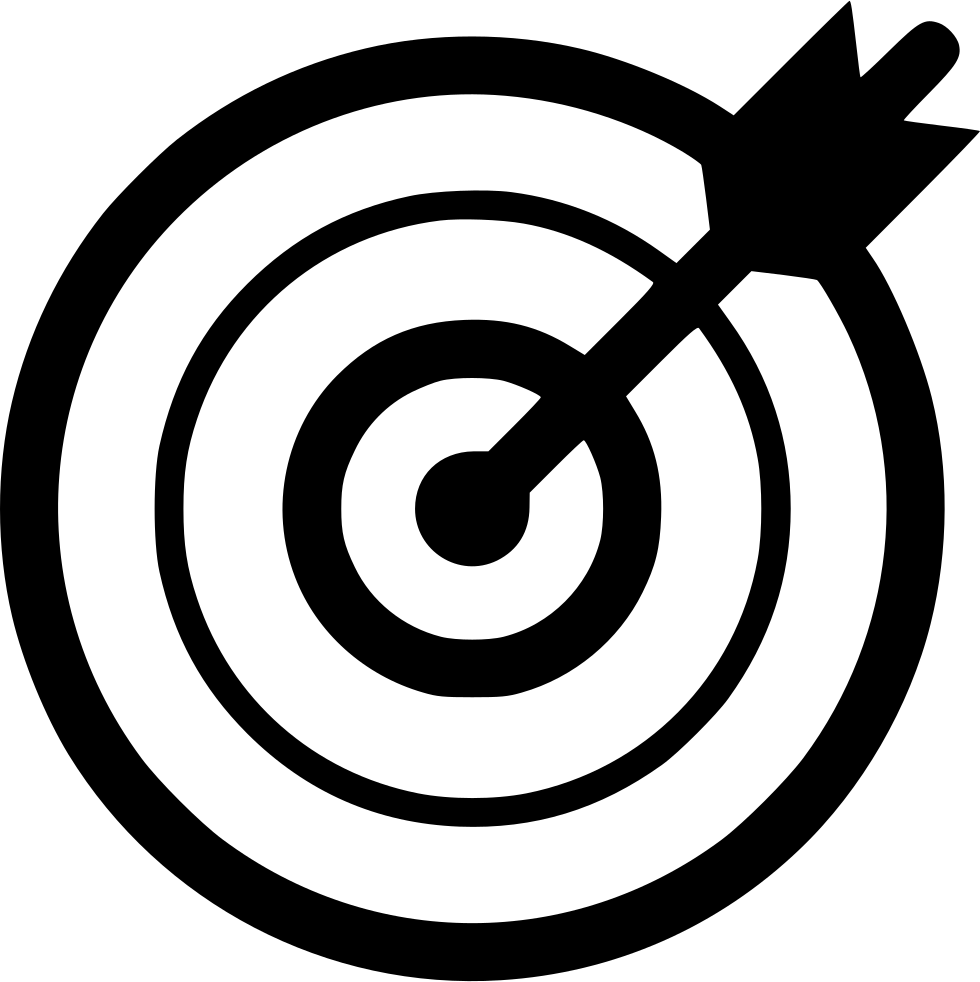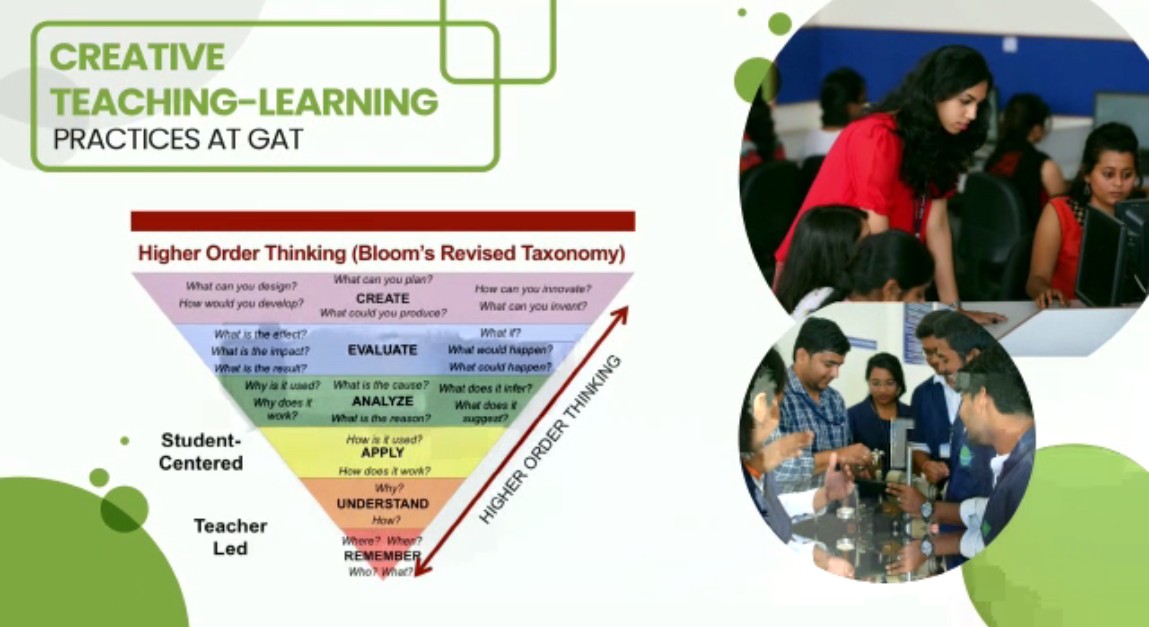Lorem ipsum dolor, sit amet consectetur adipisicing elit. Fuga harum quia, non enim sit facilis dolores neque rem mollitia beatae.
Introduction
The department to its credit has state-of-the-art multimedia classrooms, advanced civil engineering laboratories, very good computational facilities with application software like STAAD-Pro, SAPS/ETABS, ARC-GIS, Auto-Plotter for superior analysis and design of civil engineering structures.
Strong association and membership with many professional bodies have further provisioned many more rare resources to involve in variety of multidisciplinary activities to widen the horizon of students and faculty beyond the scope of syllabus. The classrooms are epicentre of Creativity, giving the students the Joy of Learning.

Our
Vision
To become a leading department oriented to serve the basic wants of human being related to food, air, shelter, and transportation, by providing quality education.

Our
Mission
Create a favourable environment for learning, teaching & continuous improvement for implementation of various civil engineering facilities
Promote professionalism, innovation, and research through collaboration with industries to realize cost & resource effective, stable, quality structures
Inculcate environmental consciousness and ethical values through interconnected training programs to ensure sustainability and client satisfaction
Student-centric Learning Environment
Department practices student-centred learning, where the focus of instruction is shifted from the teacher to the student, with the end goal of developing autonomous and independent students by placing the responsibility of learning in the hands of the students. In the studentcentered classroom, students take a more "active" role.

We believe in critical thinking. The student-centric teacher learning pedagogy strengthens the fundamentals and motivates the students to think and act independently.
Activity Based Teaching Learning
PROGRAM EDUCATIONAL OBJECTIVES (PEOS):
Graduates in Civil Engineering will be able to:
- PEO1: Developing careers in government and private civil engineering organizations and other professionally related domains.
- PEO2: Pursuing higher studies and research to develop innovative solutions and technologies in civil engineering and other multi-disciplinary areas.
- PEO3: Improving professional and personal traits aligned to professional ethics and environmental compulsions.
- PEO4: Professional leadership and Successful entrepreneurship.
PROGRAM SPECIFIC OUTCOMES (PSOs):
At the end of successful completion of Civil Engineering Program, Graduates will be able to:
- PSO1: Comprehend, analyze and design alternatives for execution of civil engineering facilities.
- PSO2: Apply standard codes of practices and schedule of rates for planning, design, quality control, estimating & costing of civil engineering projects.
- PSO3: Evaluate the buildings for resource and environmental conservation.
PROGRAM OUTCOMES (POs):
Engineering Graduates will be able to:
1. Engineering knowledge
Apply the knowledge of mathematics, science, engineering fundamentals, and an engineering specialization to the solution of complex engineering problems.
2. Problem analysis:
Identify, formulate, review research literature, and analyze complex engineering problems reaching substantiated conclusions using first principles of mathematics, natural sciences, and engineering sciences.
3. Design/development of solutions:
Design solutions for complex engineering problems and design system components or processes that meet the specified needs with appropriate consideration for the public health and safety, and the cultural, societal, and environmental considerations.
4. Conduct investigations of complex problems:
Use research-based knowledge and research methods including design of experiments, analysis and interpretation of data, and synthesis of the information to provide valid conclusions.
5. Modern tool usage:
Create, select, and apply appropriate techniques, resources, and modern engineering and IT tools including prediction and modeling to complex engineering activities with an understanding of the limitations.
6. The engineer and society:
Apply reasoning informed by the contextual knowledge to assess societal, health, safety, legal and cultural issues and the consequent responsibilities relevant to the professional engineering practice.
7. Environment and sustainability:
Understand the impact of the professional engineering solutions in societal and environmental contexts, and demonstrate the knowledge of, and need for sustainable development.
8. Ethics:
Apply ethical principles and commit to professional ethics and responsibilities and norms of the engineering practice.
9. Individual and team work:
Function effectively as an individual, and as a member or leader in diverse teams, and in multidisciplinary settings.
10. Communication:
Communicate effectively on complex engineering activities with the engineering community and with society at large, such as, being able to comprehend and write effective reports and design documentation, make effective presentations, and give and receive clear instructions.
11. Project management and finance:
Demonstrate knowledge and understanding of the engineering and management principles and apply these to one's own work, as a member and leader in a team, to manage projects and in multidisciplinary environments.
12. Life-long learning:
Recognize the need for, and have the preparation and ability to engage in independent and life-long learning in the broadest context of technological change.
MTech-Structural Engineering
Program Outcomes:
- PO1: An ability to independently carry out research /investigation and development work to solve practical problems.
- PO2: An ability to write and present a substantial technical report/document.
- PO3: Students should be able to demonstrate a degree of mastery over the area as per the specialization of the program. The mastery should be at a level higher than the requirements in the appropriate bachelor program.
- PO4: Select, apply and create appropriate techniques, resources, and modern engineering tools to model complex engineering problem with an understanding of the limitations.
- PO5: Adopt professional engineering practice following norms and ethical principles addressing societal, health, safety, legal, economic, environmental and cultural issues promoting sustainable development.
- PO6: Communicate and function effectively as a team member or entrepreneur in complex- multidisciplinary projects with an understanding of engineering and management principles.
- PO7: Recognize the need for, and have the preparation and ability to engage in independent and lifelong learning in the broadest context of technological change.
PROGRAM SPECIFIC OUTCOMES (PSOs):
- PSO1: Plan, analyze, design, develop/execute sustainable infrastructure facilities by applying standard codes of practices.
- PSO2: Evaluate the infrastructure facilities for resource and environmental conservation.
Under Graduate Curriculum
- Civil Engineering Curriculum 2022
- Civil Engineering Curriculum 2021
- Civil Engineering Curriculum 2020
Post-Graduate Curriculum
Copyrights Reserved @
Developed by Swaragh














